- The president of Foment, Josep Sánchez Llibre, has announced the preparation of a business mission to the African country to continue promoting business opportunities between Catalonia and Morocco
- The Moroccan Minister of Investment, Mohcine Jazouli, described the growth rate of business volume between the two territories as “incredible” and positioned his country as a bridge between Europe and Africa
Foment del Treball held the conference ‘Investing in Morocco, a competitive bet to open new markets’ today, in which the delegate minister to the head of government in charge of Investment, Convergence and Evaluation of Public Policies of the Kingdom of Morocco, Mohcine Jazouli, spoke to an audience of more than 200 entrepreneurs. The president of the Catalan employers’ association, Josep Sánchez Llibre, highlighted the historic relationship that unites the two territories, marked by commercial and cultural exchange, and collaboration: “In the last five years, Catalonia’s investment in Morocco has reached 21.8 million euros, reflecting a constant commitment to economic development and bilateral collaboration”.
Sánchez Llibre also highlighted the connection of Moroccan companies to Catalonia, with the presence in the territory of eight subsidiaries of the African country, and recalled the participation of Morocco as the Guest of Honor at this year’s CONSTRUMAT fair, to be held in Barcelona from May 21 to 23. “This national benchmark event for construction will bring together the main companies in the sector for which Morocco is a very important market, especially considering the infrastructure needs and other constructions that will host the 2030 World Cup,” he stated.
Additionally, the leader of Catalan businesses announced the preparation of a business mission to Morocco to continue promoting business opportunities between the two countries, “because we have a desire to understand each other, trust, and energy, so I am convinced that in the coming years, economic relations between both parties will be in constant progress”, Sánchez Llibre concluded.
For his part, the Moroccan minister positioned his country as a bridge between Europe and Africa, “Morocco is the gateway to new markets” such as African countries, he exemplified; and highlighted the investment potential of areas such as automotive, aerospace, pharmaceuticals, agribusiness, water management, or tourism.
Jazouli described the growth rate of business volume between the two countries as “incredible,” but called for improving the level of investments between the two territories: “Although Spain is the third largest foreign investor in Morocco with an investment of more than 200 million euros in 2023, and nearly a thousand Spanish companies established in the country, of which 25% are Catalan, I believe that the potential is much greater thanks to the notable complementarity between our two economies.”
The conference also featured the participation of the Minister of Economy and Finance of the Generalitat of Catalonia, Natàlia Mas i Guix; the Secretary of State for Industry, Rebeca Mariola Torró; the president of the Moroccan employers’ association Confederation of General Enterprises of Morocco (CGEM), Chakib Alj; the ambassador of Morocco to Spain, Karima Benyaich; the co-presidents of the Morocco-Spain Economic Council (CEMAES), Adil Rais in Morocco, and Clemente González Soler in Spain; and the director-general of AMDIE, Ali Seddiki.
Minister Mas i Guix stated that “Catalonia is the territory of the State that exports the most to Morocco. More than 1,600 companies export regularly. In 2023, Catalan exports exceeded 2 billion euros, a historic maximum and a 10% increase compared to 2022”.
As for the Secretary of State for Industry, Mariola Torró assured that “Morocco is a priority for Spain,” and she advocated for eliminating trade and investment barriers between the two to continue promoting “the enormous potential” that remains to be explored between “two neighboring and allied countries,” a link that “goes beyond a simple neighborly relationship,” she expressed.
Both highlighted the importance of continuing to cooperate to address challenges such as combating climate change or the energy transition.
The president of the Moroccan employers’ association, Alj, agreed with the minister in pointing out that the two countries can take bilateral cooperation to “an even higher level” due to the proximity and complementarity between the two economies and the “enthusiasm” shown by the business fabric of both. In this regard, the business leader emphasized that Catalonia “presents surprising prospects for investment and co-investment for Moroccan companies and vice versa. It is one of the most competitive economies in southern Europe and concentrates 25% of Spanish industry”.
González Soler, as co-president of CEMAES in Spain, explained that “Morocco has a very interesting industrial culture for investment, which has been the case for a long time,” while “in Spain and Europe, we seem too concerned about regulation”, he said.
This meeting was co-organized alongside the Morocco-Spain Economic Council (CEMAES), the Moroccan Investment and Export Development Agency (AMDIE), and the Embassy of the United Kingdom of Morocco in Spain.


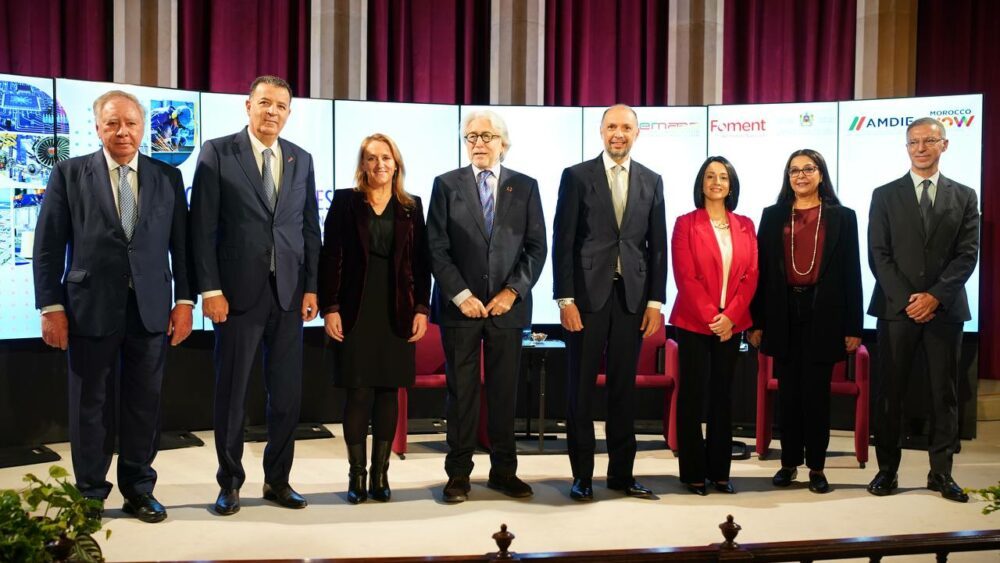
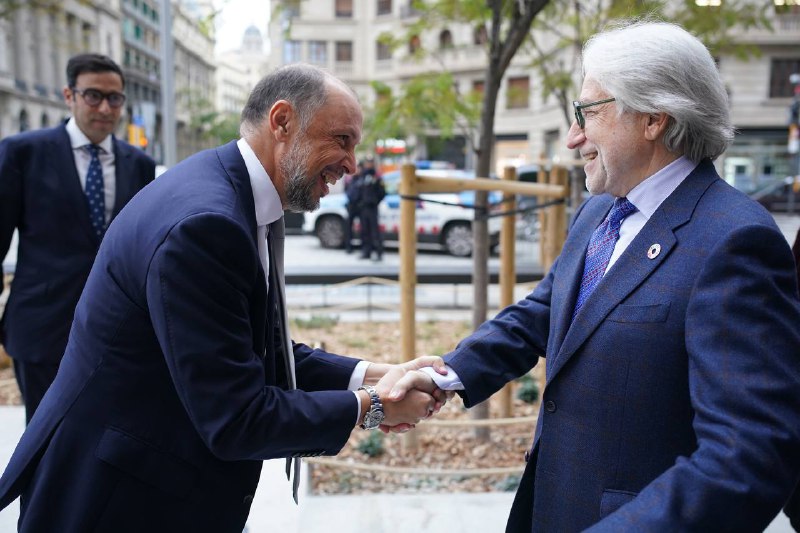
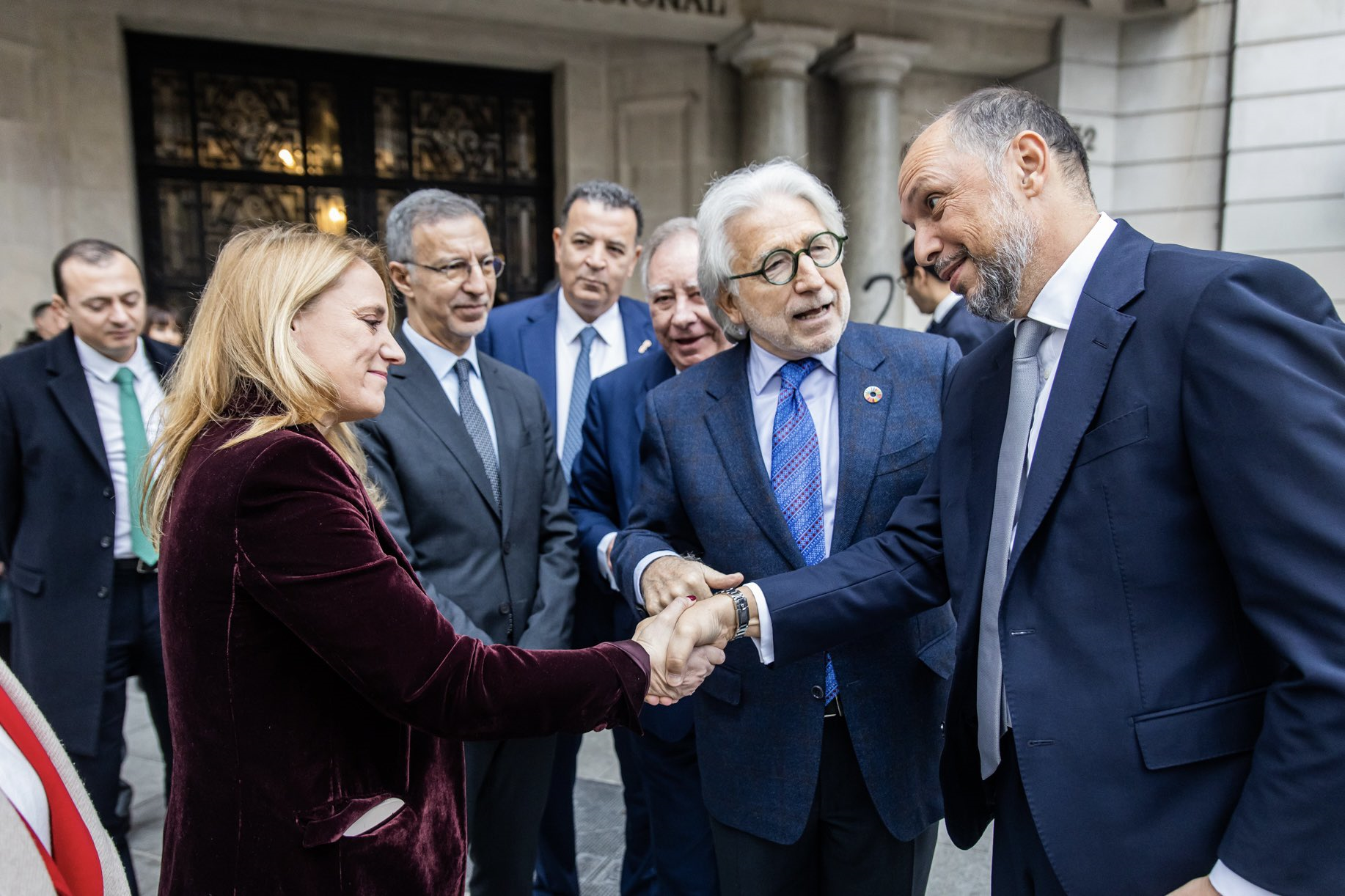
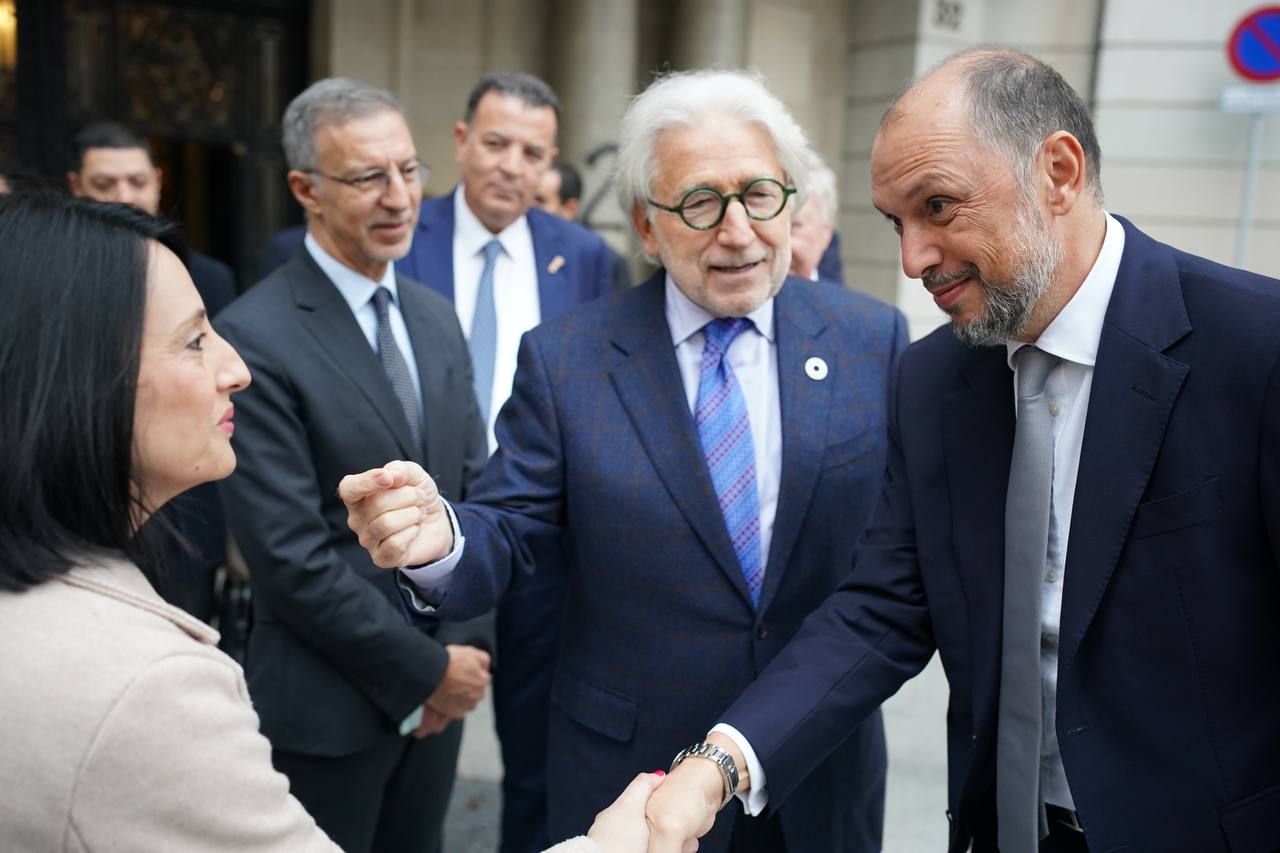
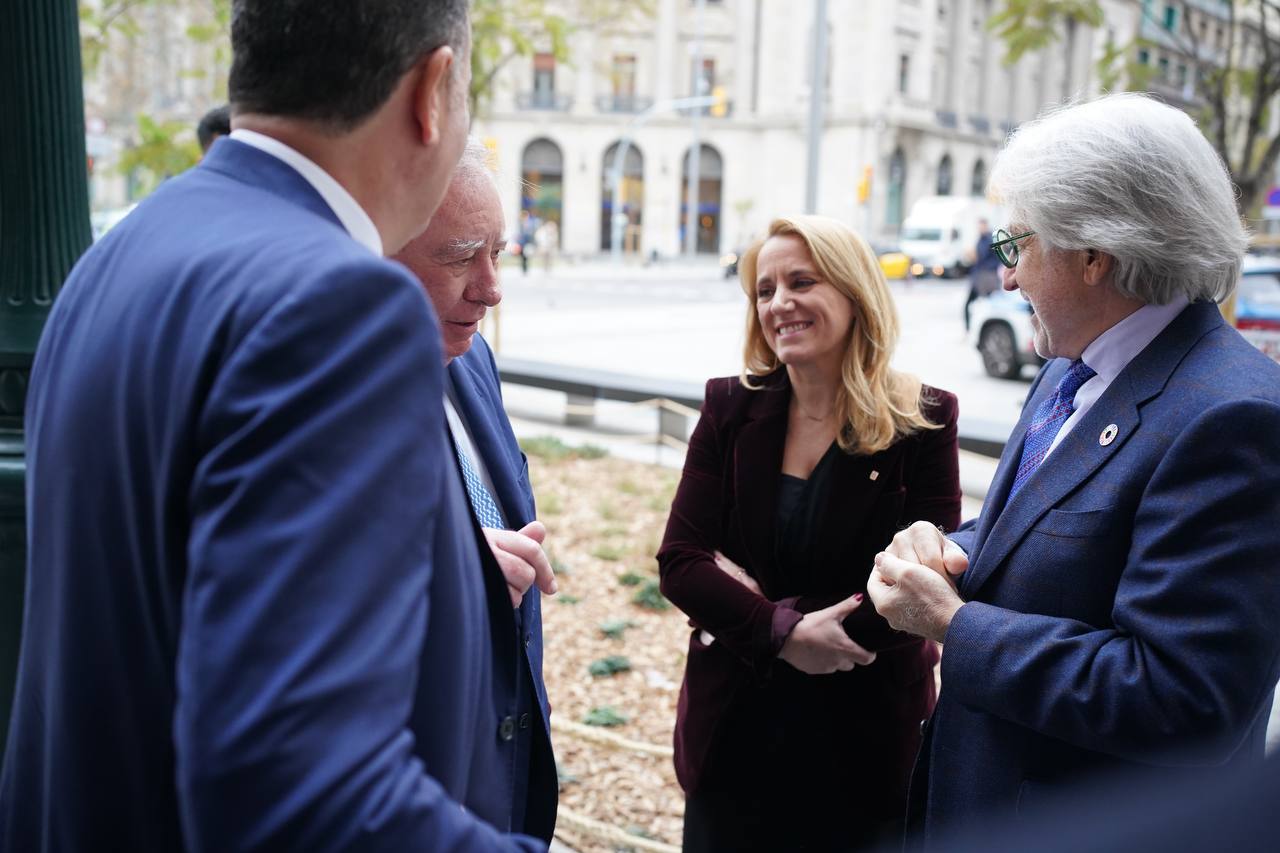
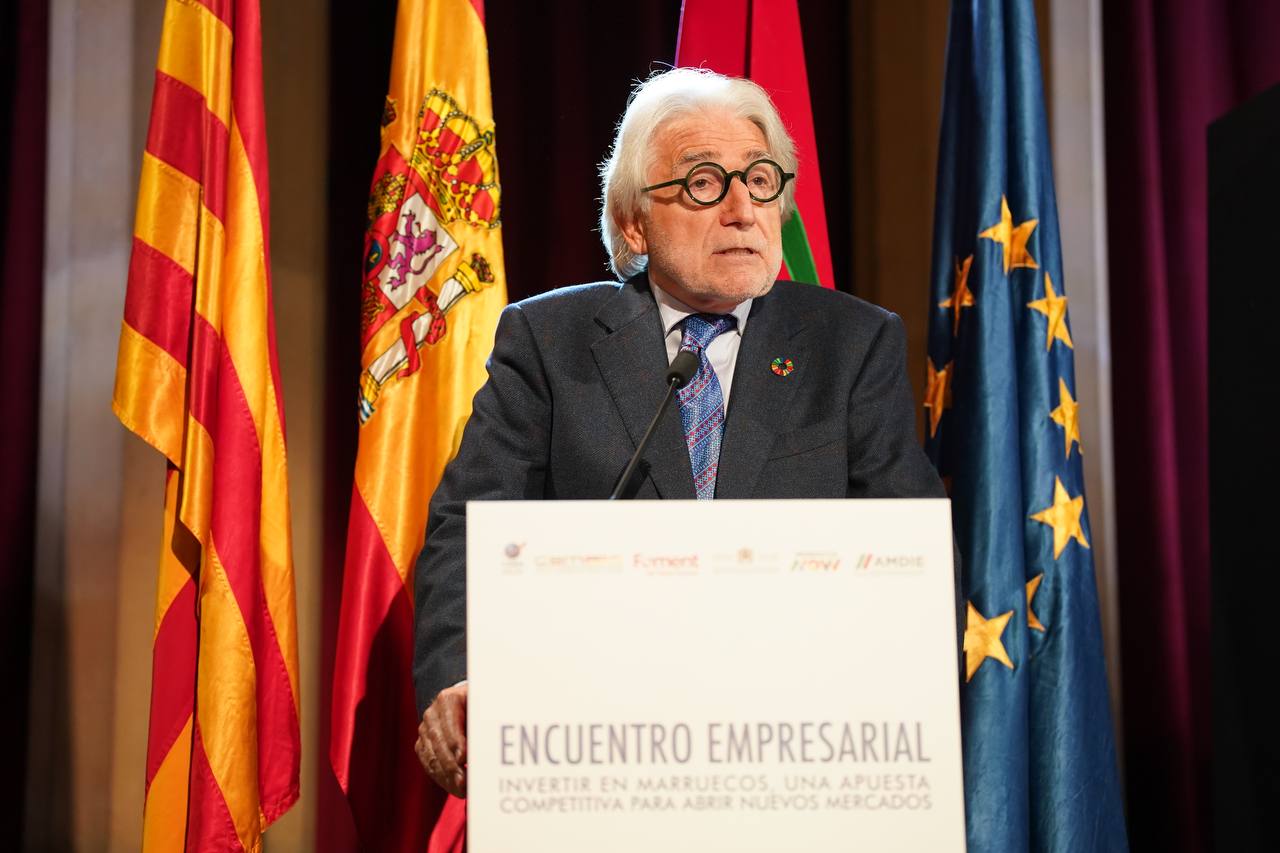
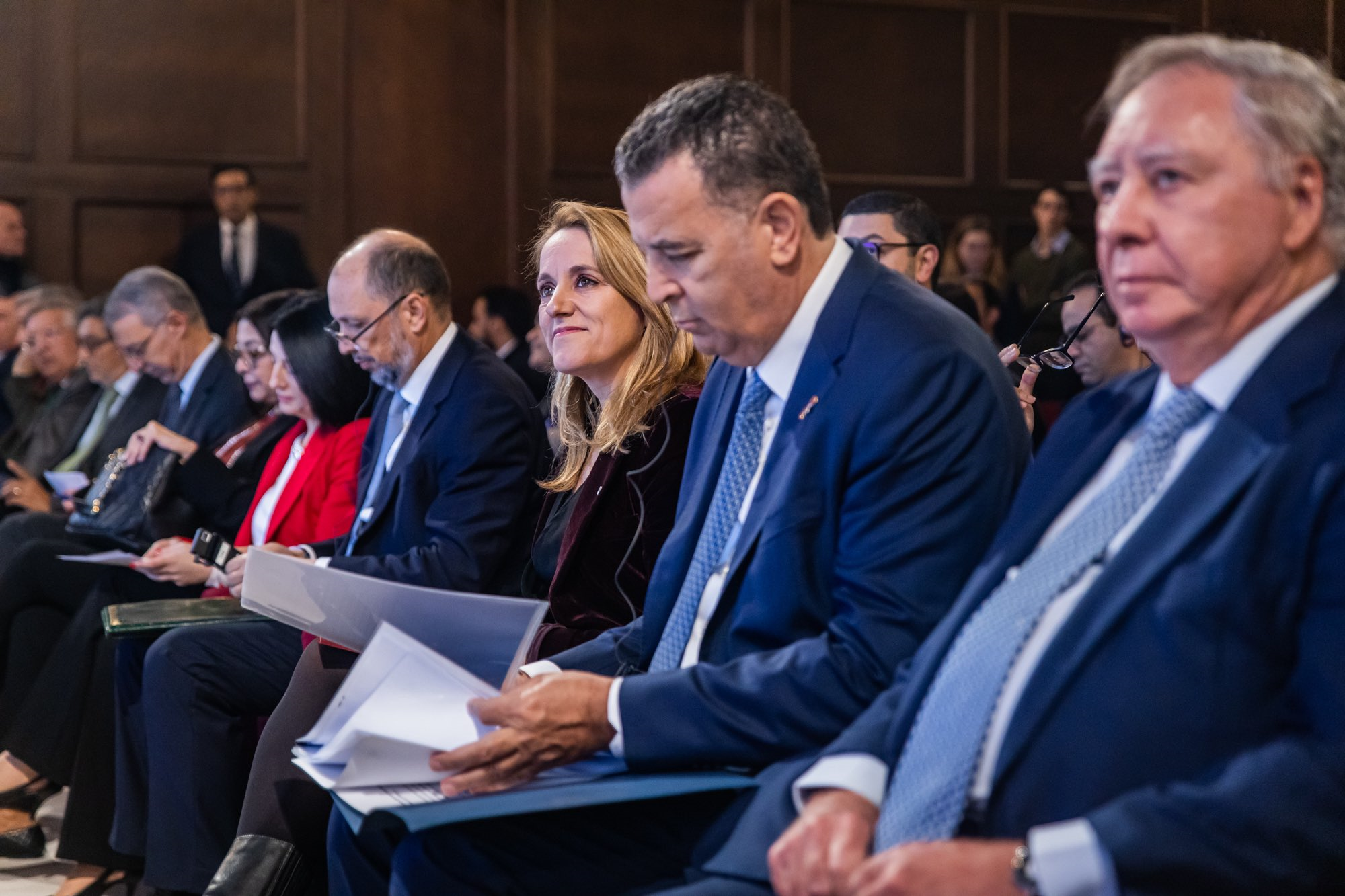
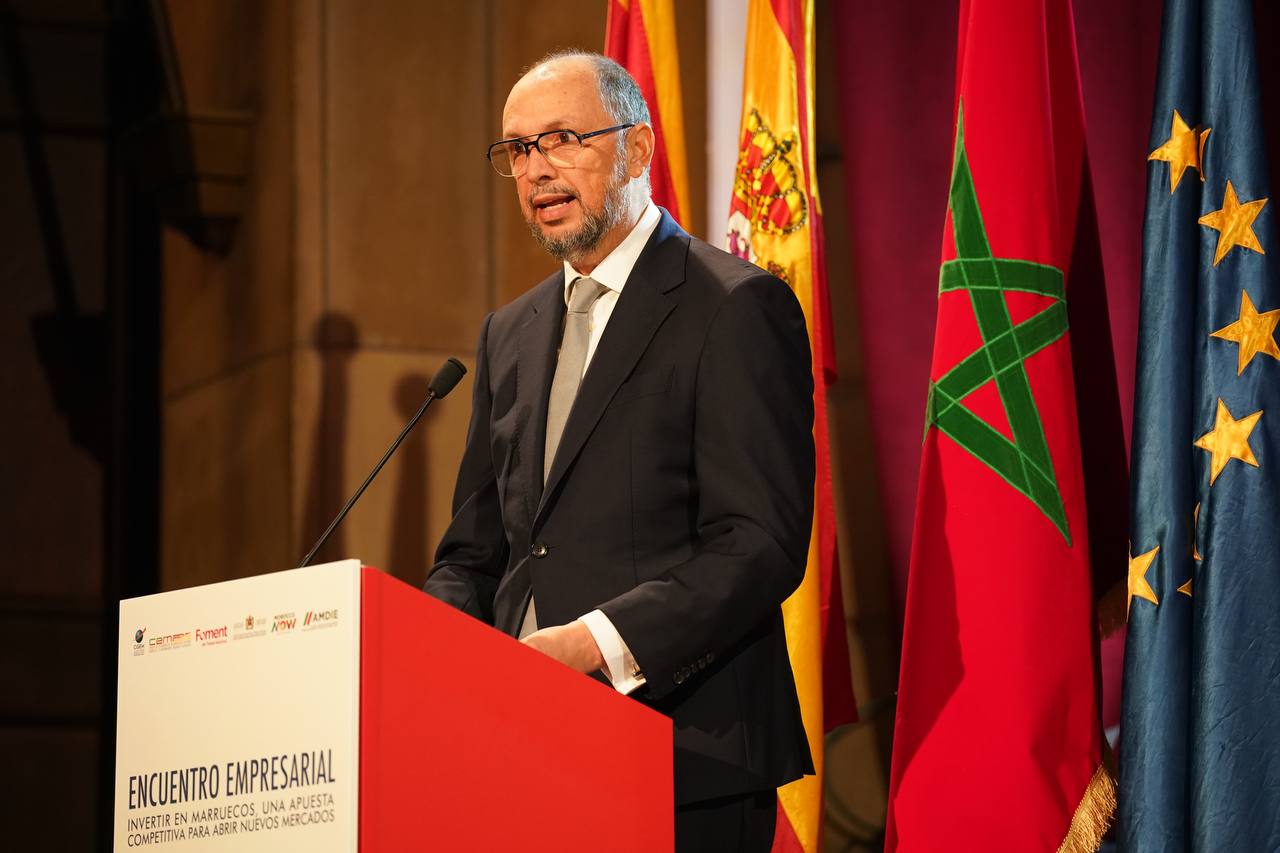
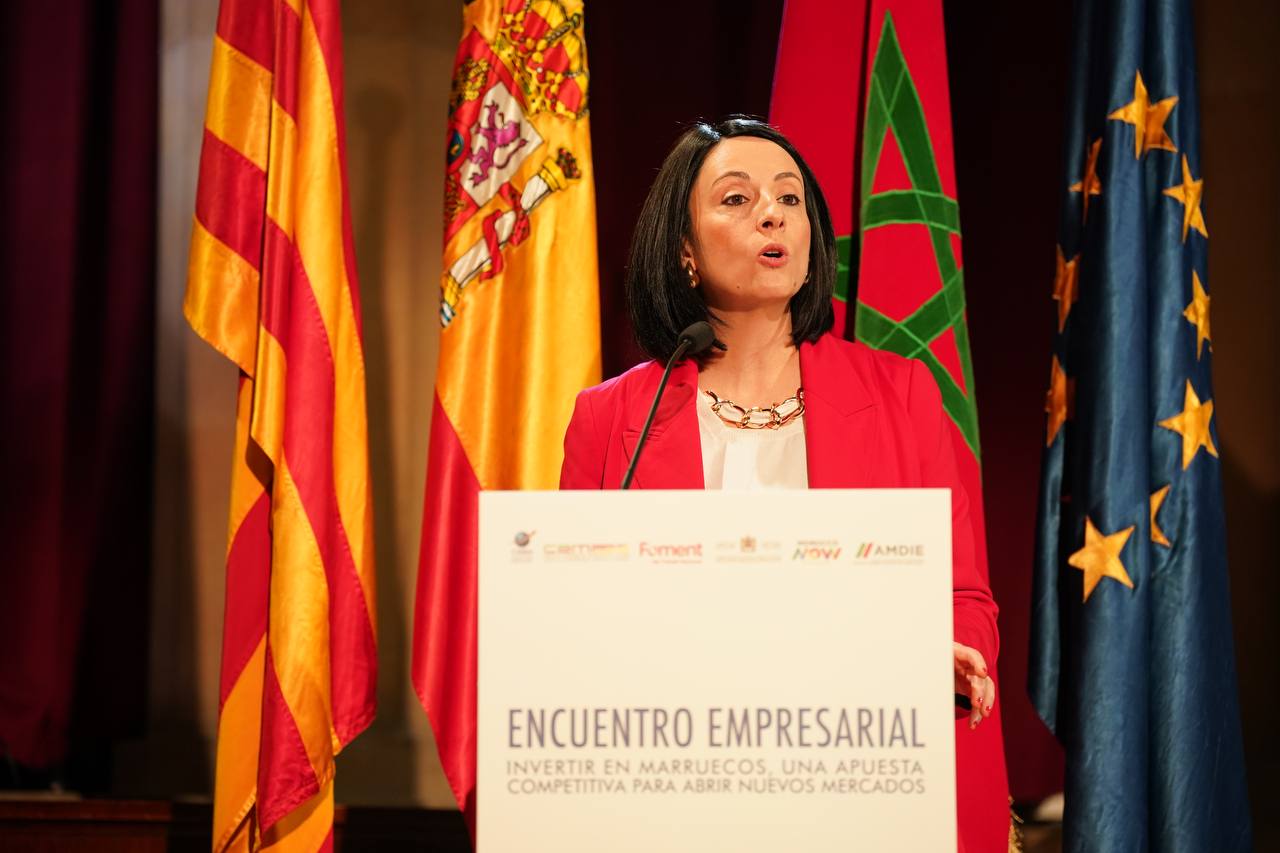
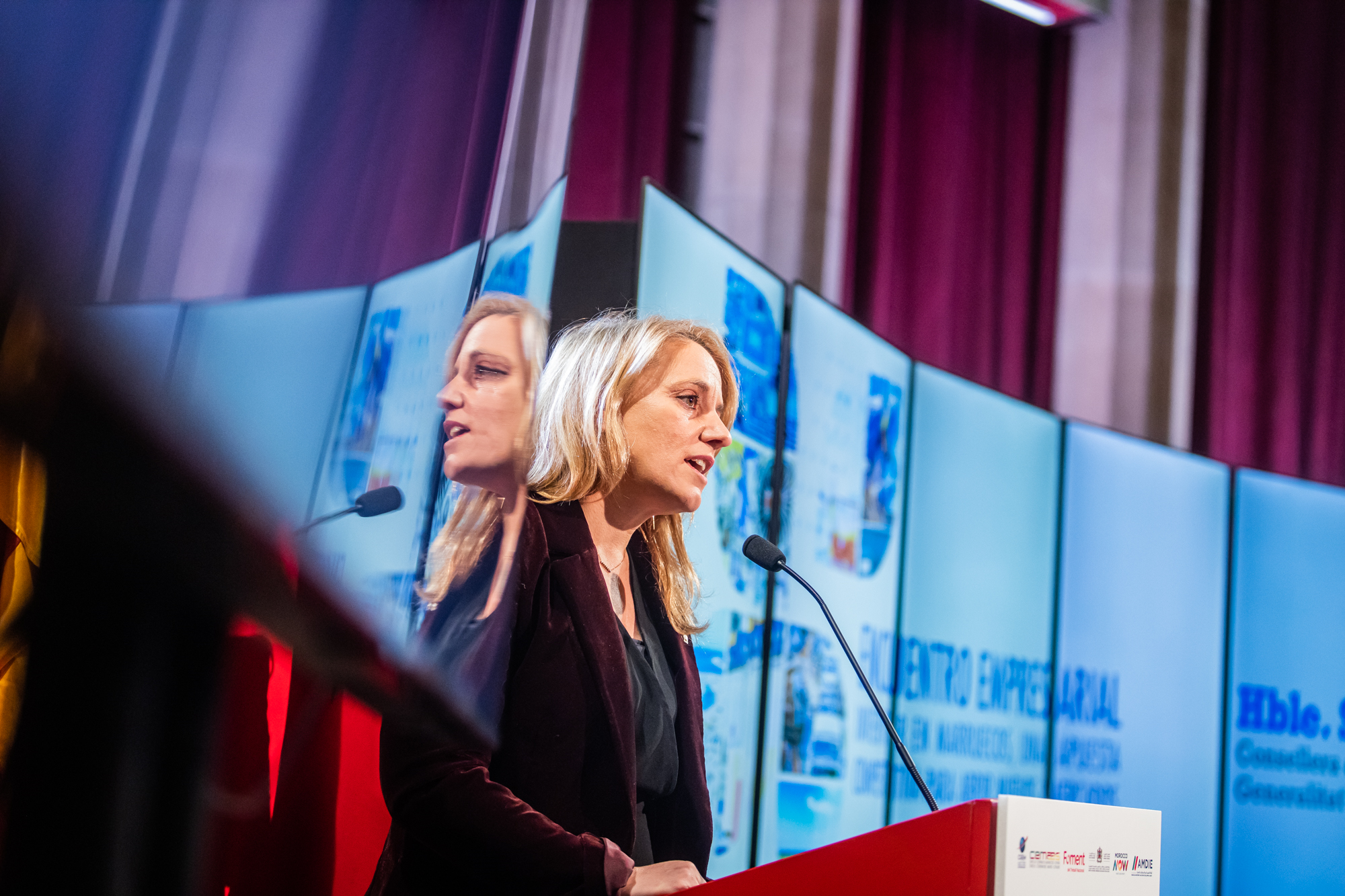
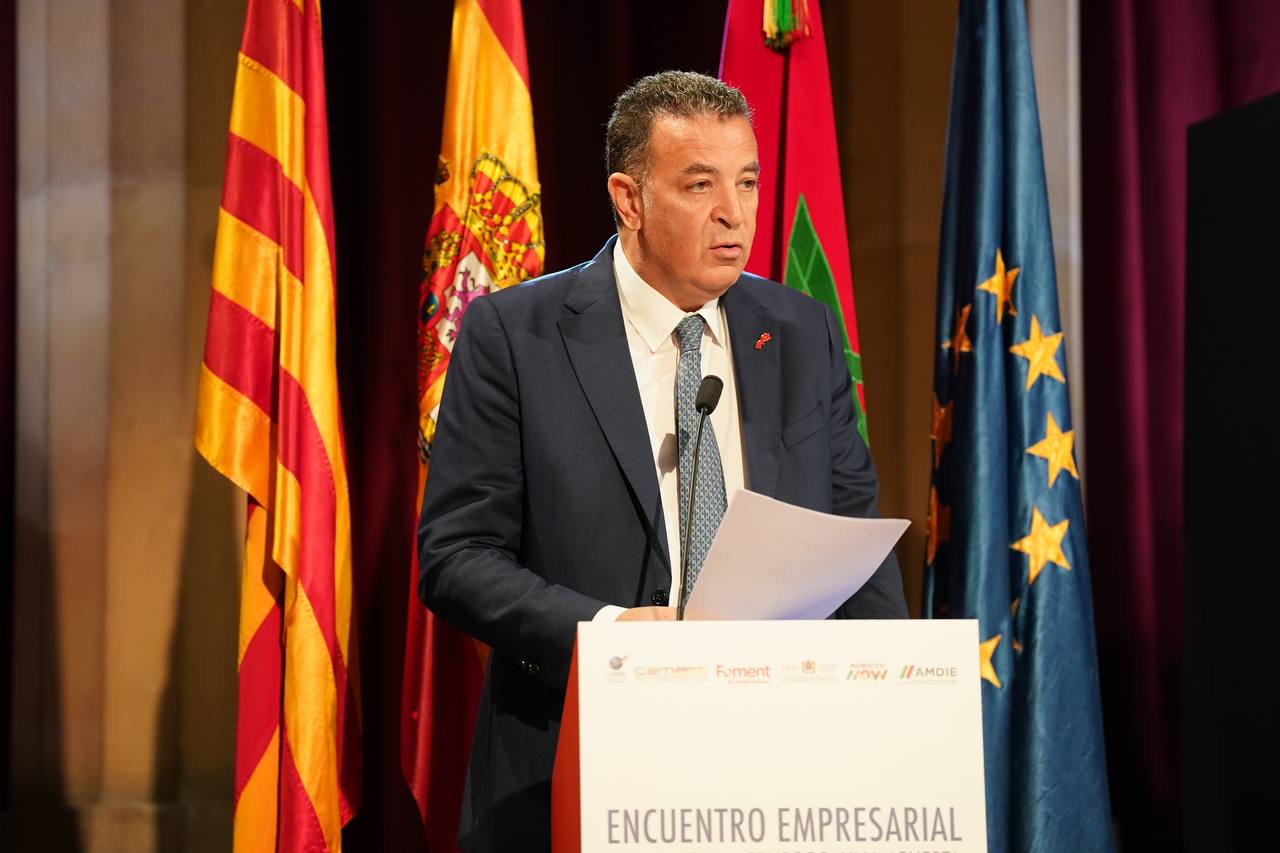
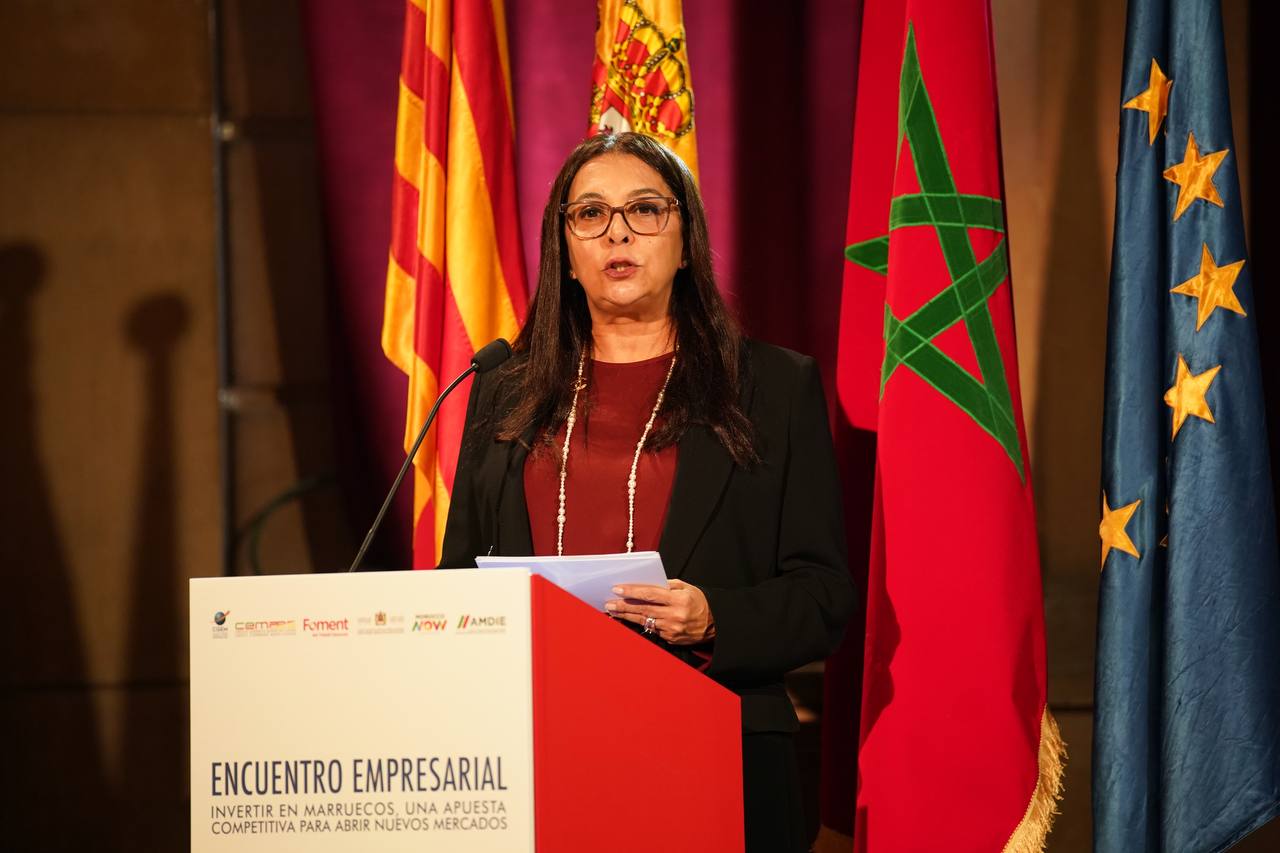
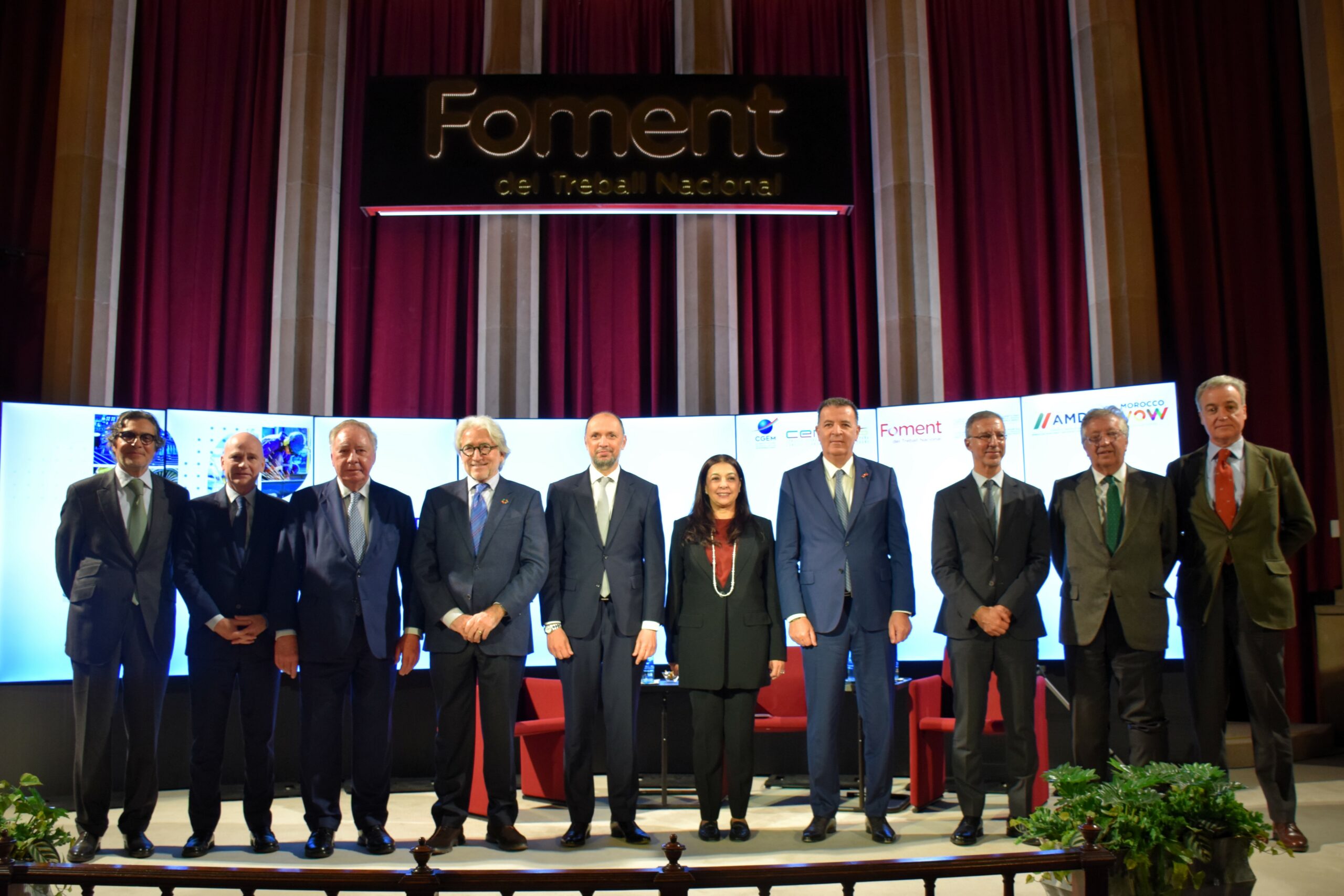
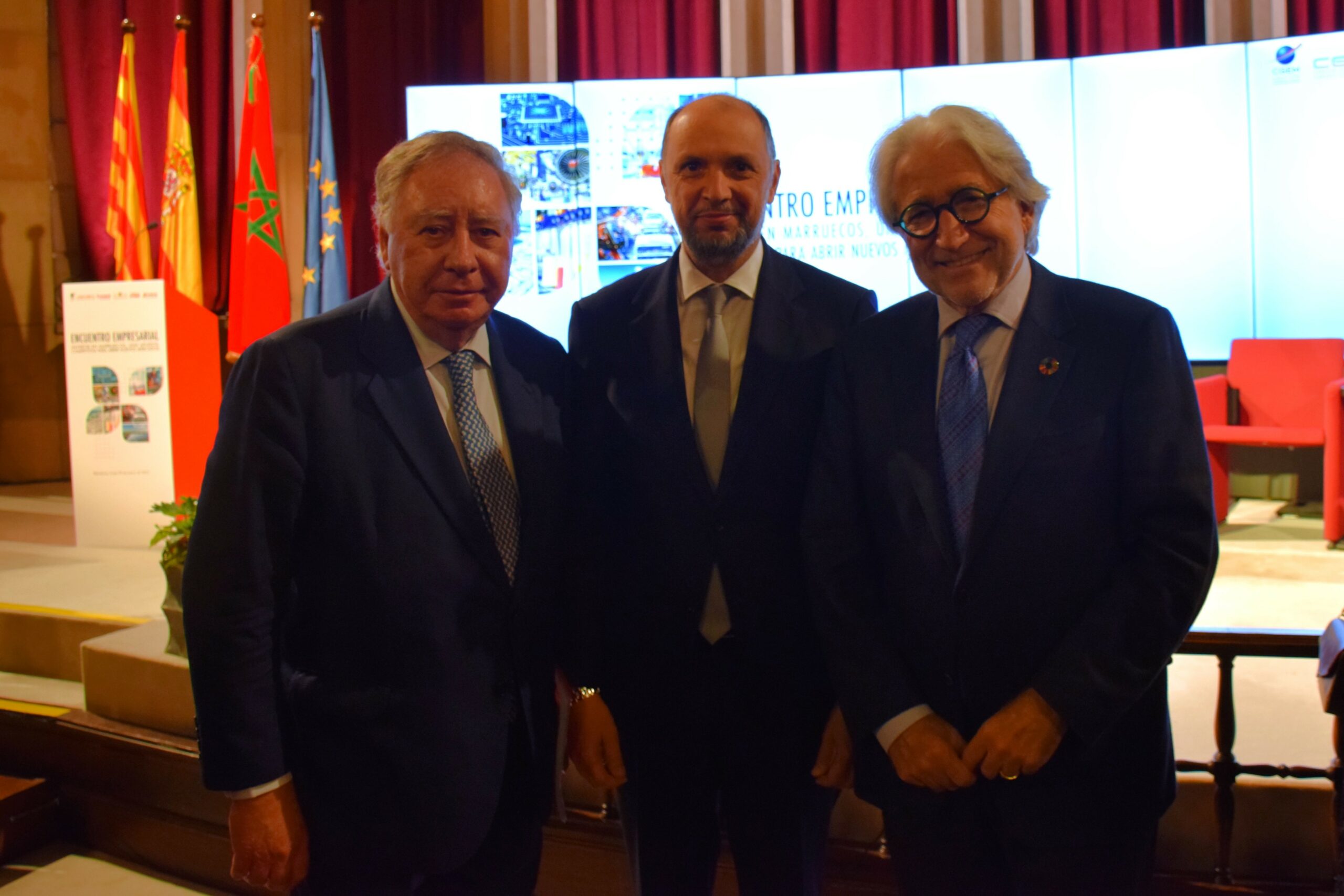
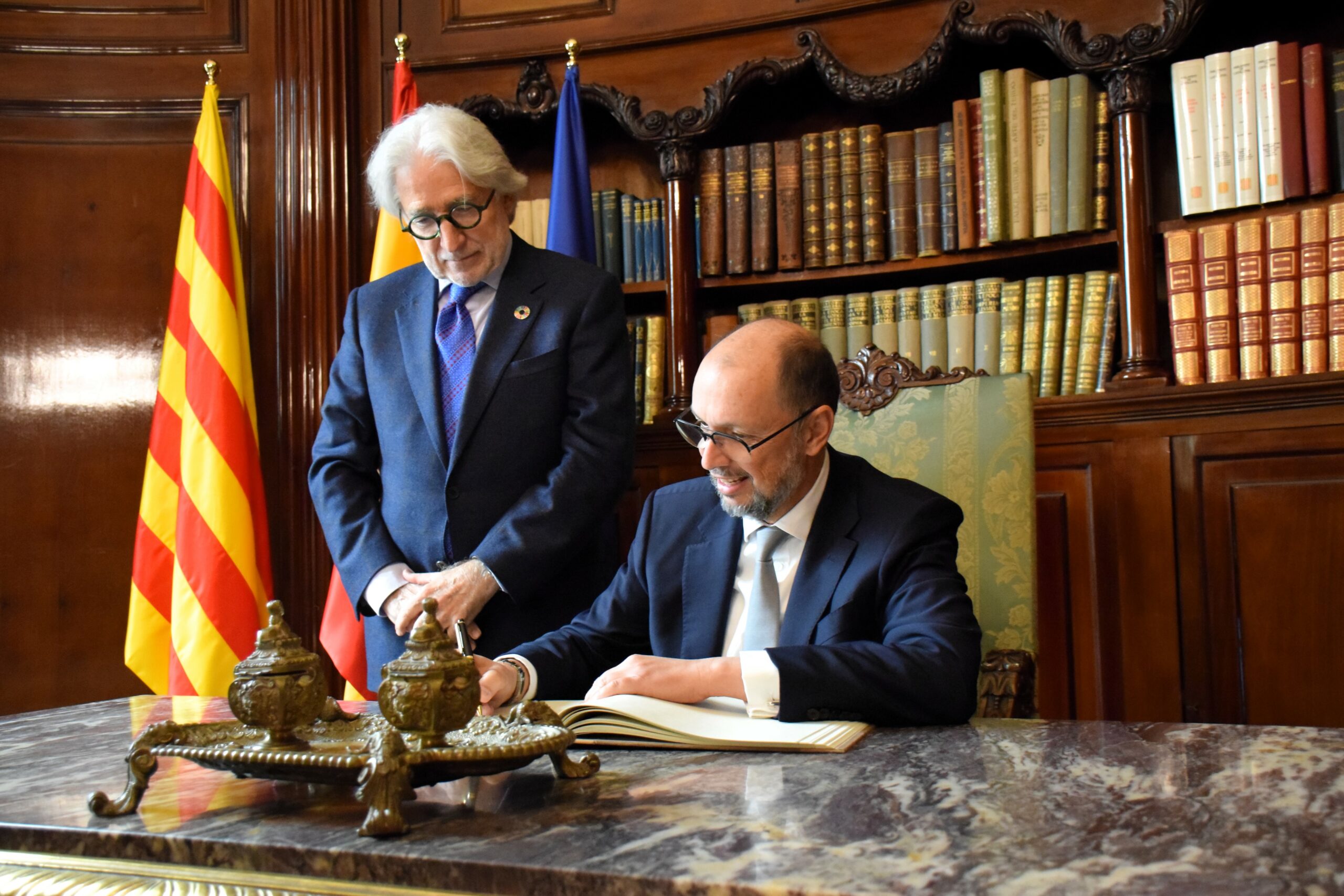
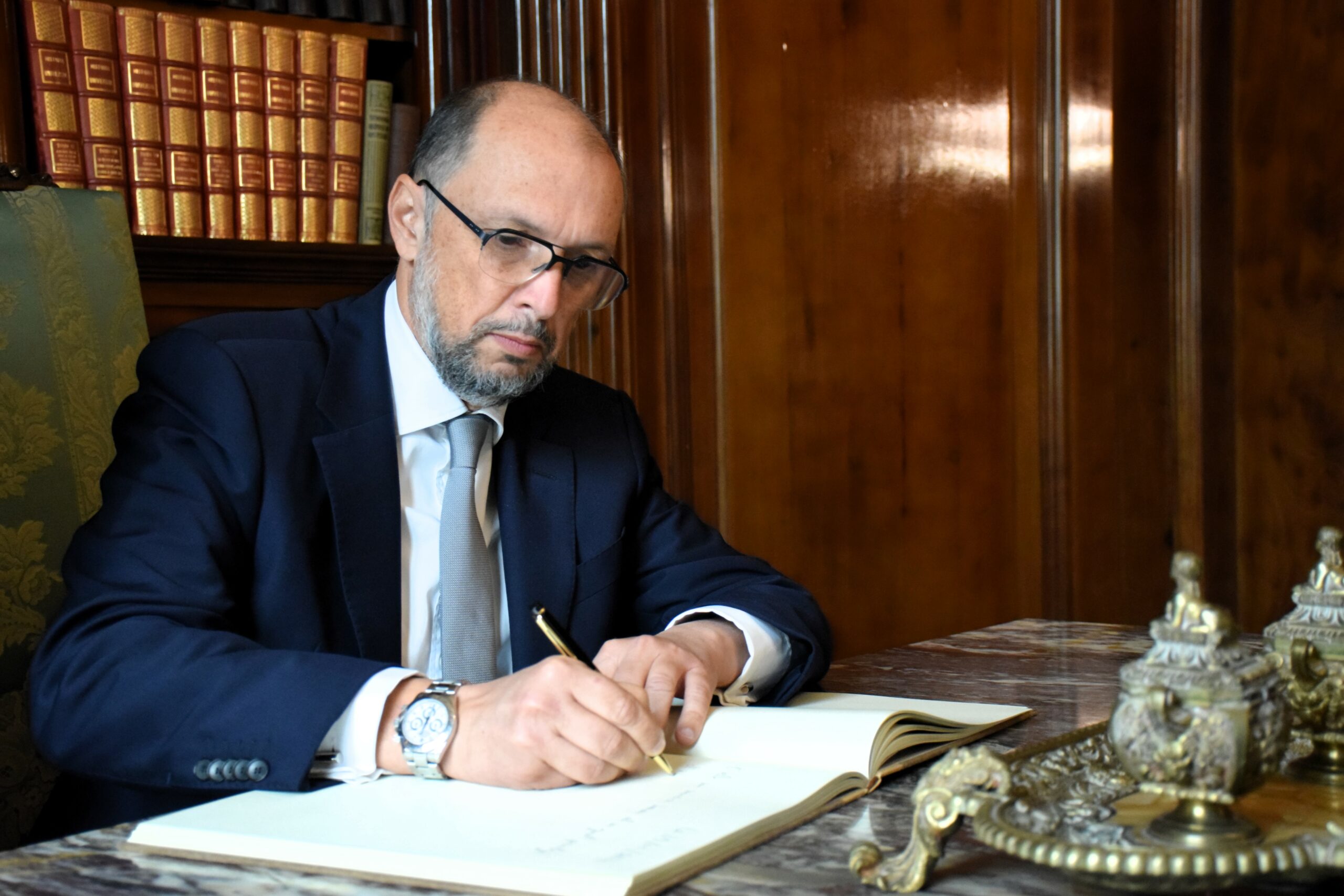
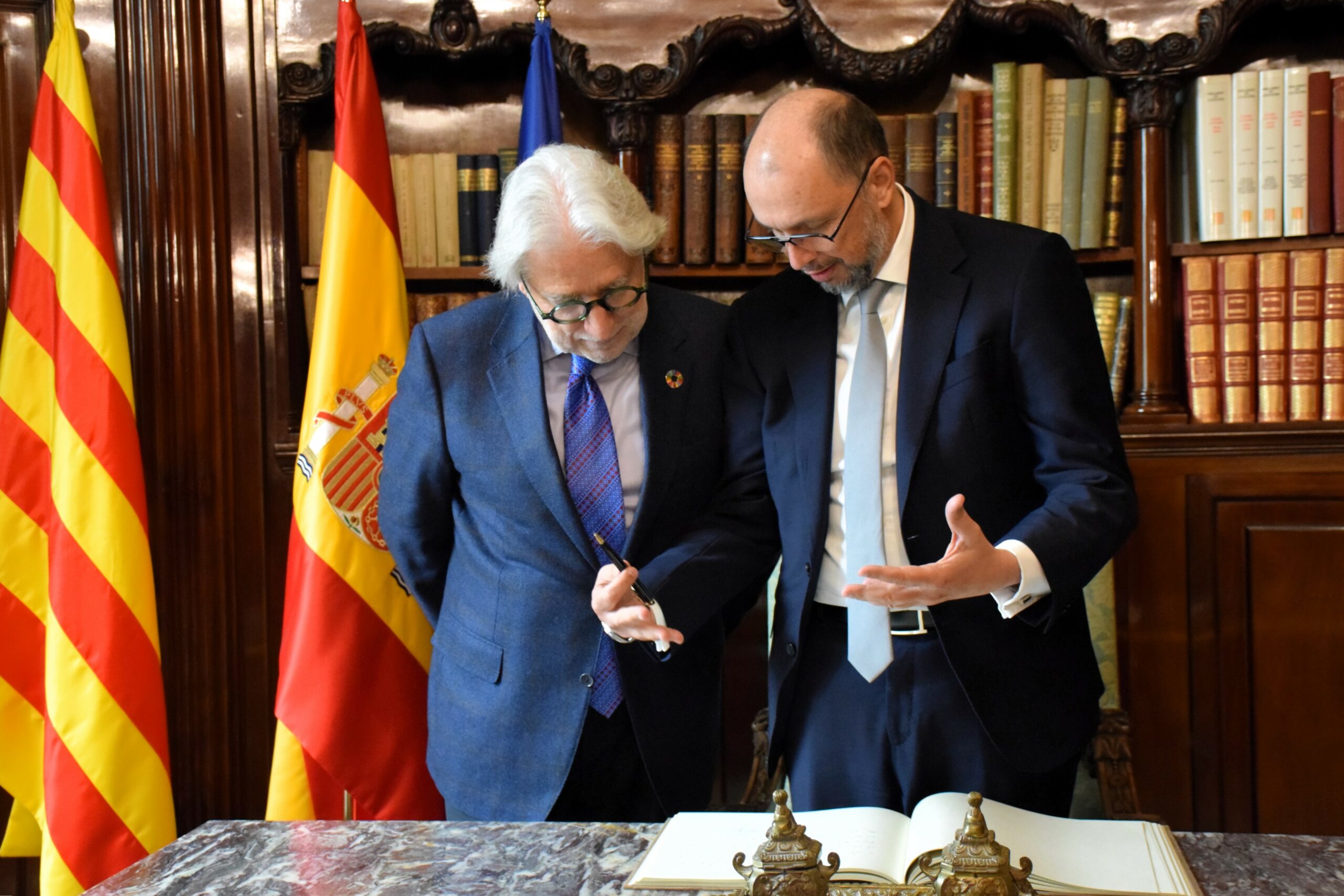
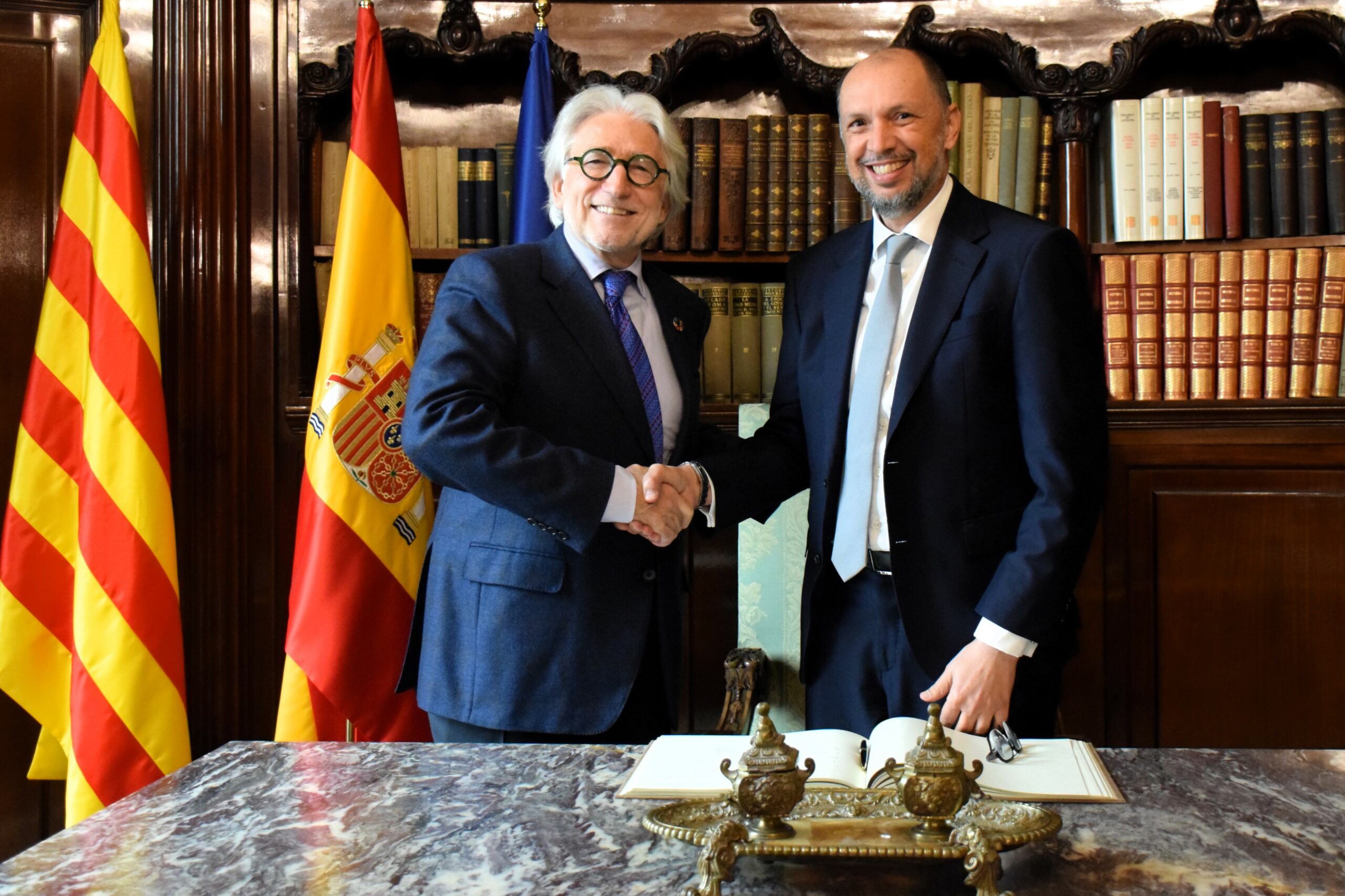
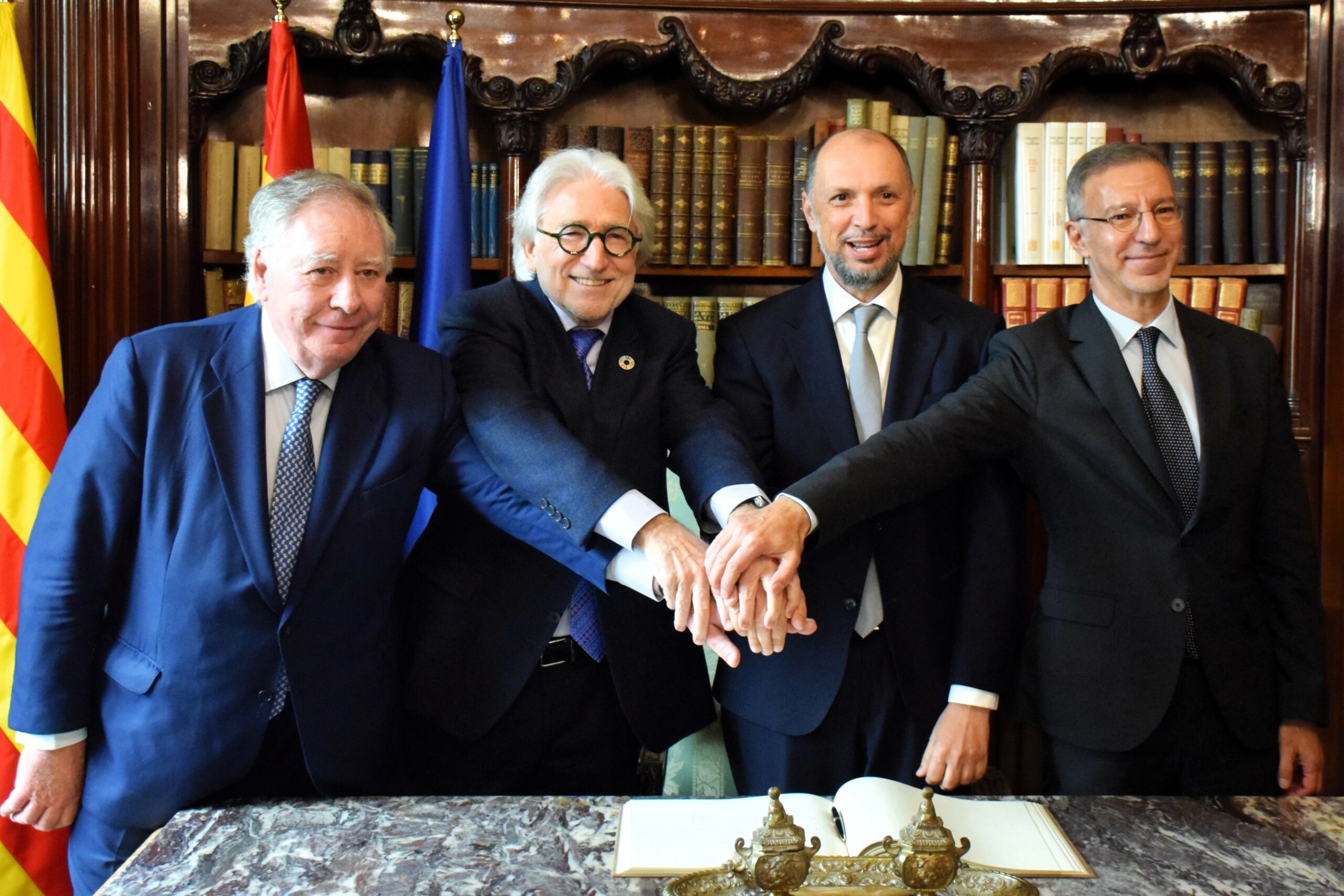





Comments are closed.